No matter how diligently we work to maintain order and cleanliness in our homes, clutter will eventually appear over time. In addition to being unappealing, clutter can also make you feel more stressed.
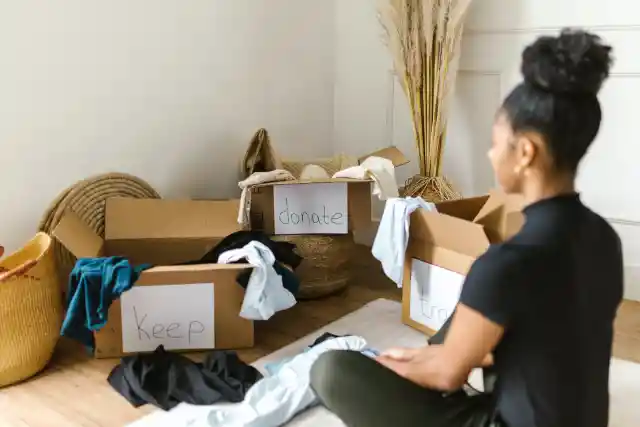
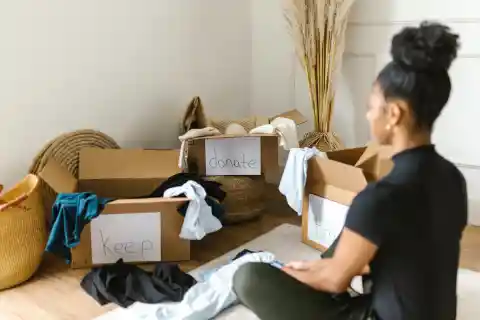
Decluttering your house may be a difficult experience in and of itself, especially when it comes to letting go of emotional belongings. But when you're done, you'll have more room, less clutter, and a calmer outlook. Here are some helpful hints and methods for decluttering your home.
Understanding clutter and how it can be bad for us
Anything that prevents you from using or enjoying your house is considered clutter. The goal of decluttering is to make space in your house for the items you actually love and want to keep. Living in a messy environment is stressful on so many ways.
· When you are surrounded by clutter, it can produce simple visual stress, which can lead to emotions of displeasure with how your house appears and perhaps even thoughts of inadequacy about your talents (or perceived lack thereof) as a homemaker.
· Because of the mess and disorganization in your house, you may experience stress when you can't find items (such as your glasses or vehicle keys), which might lead you to be late and experience stress.
· In extreme circumstances, persons who consume more than just "things" may experience obesity or sadness. If mold and dust are present, further health issues might arise in hoarding conditions that are more severe. Even though it's considerably less often, a cluttered home may present fire concerns.
Benefits of Decluttering
For many people, organizing and decluttering reduces stress by giving them a sense of control and success. Beside stress relief, the advantages of having fewer stuff are numerous.
· You'll have less cleanup to do. Cleaning the house is already work, but it becomes much more difficult when you have to do it surrounding objects that you have no emotional connection to, or even worse, those you genuinely despise.
· Your wallet and bank accounts will stay fuller, your credit card balances will be smaller, and your home won't fill up with expensive items you don't need if you spend less time shopping for material stuff and adding to the clutter.
· You will have more energy to devote to your most serious interests. You can now devote your efforts to the activities you like rather than stressing over where you put your socks now that you have less debt, greater financial freedom, and a tidy home. In the end, this will make you happier.
Decluttering Room-by-Room, Bedroom
Make your bed first. Decluttering a bedroom with an unmade bed is staring you in the face makes it difficult to feel any progress. Go to the nightstand next. Put away any items that are on them by removing them and placing them in your put-away container. Do the same with your dressers, chests, and/or bureaus.
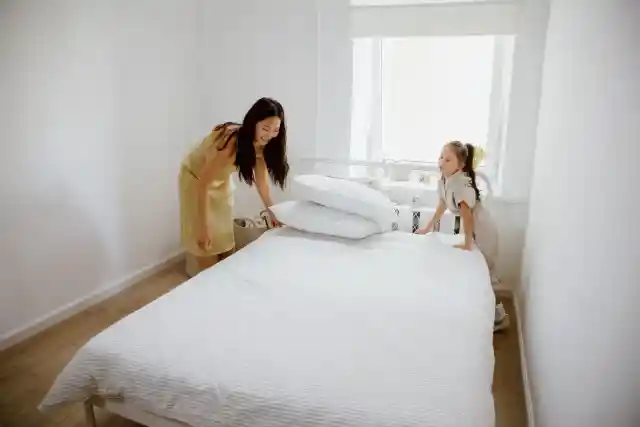
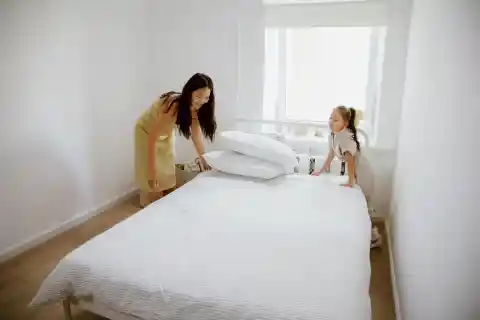
Pay close attention to any clothes that may be scattered. Next, deal with the vanity or desk if you have one in your bedroom. Instead of shoving items back into drawers, resist the desire and place them in your put-away container. Put set things back where they belong. Fold or hang any garment to store it.
Kitchen
Throwing away spoiled food from the pantry, refrigerator, and freezer can free up space that may be used for other things in the kitchen. Go through your kitchen countertop, drawers, cupboards, and collection of cookware, glasses, and dishware.
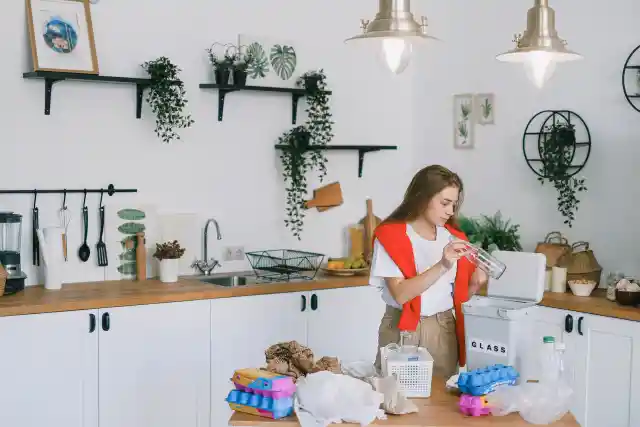
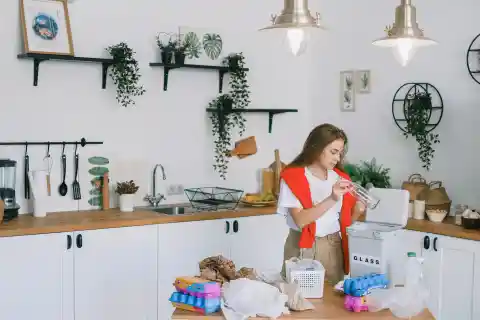
Sort through your stuff to see what you truly require and use frequently, and donate everything you haven't used in a year or two. Keep unused goods somewhere else. Organize according on how often each item is used.
Closet
The simplest approach to organizing a closet is to sort your items by category first. Accordingly, start with the footwear, then go on to the boots, dresses, jeans, etc.
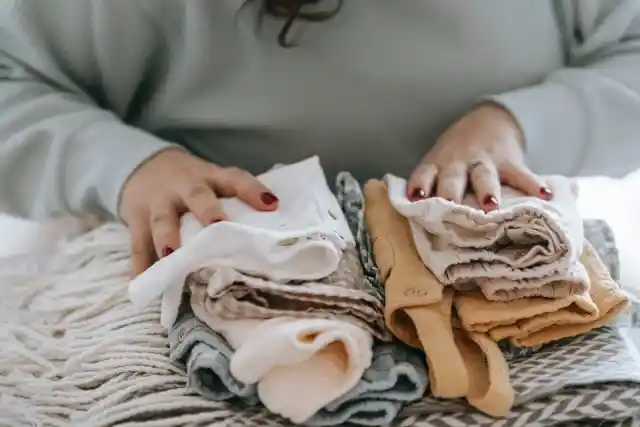
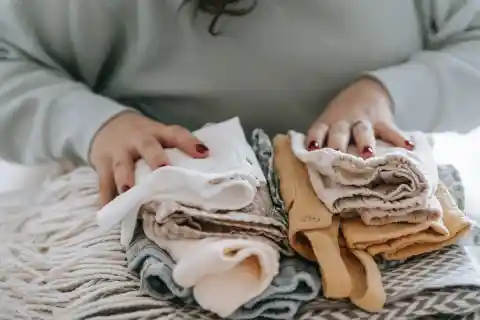
Anything that was just in the wrong place should be put away. If you have any dirty clothes, put them in the hamper or take them to the washing room. Go to the dry cleaner or tailor for any repairs that need to be made. Take your unwanted clothing to a goodwill store or charity facility.
Living Room
The living room is the most frequented place in a home and may quickly get cluttered with the junk of daily life. Reduce it to the bare minimum (i.e., furniture, electronics, etc.) and pile up everything else to decide what genuinely belongs in the room.
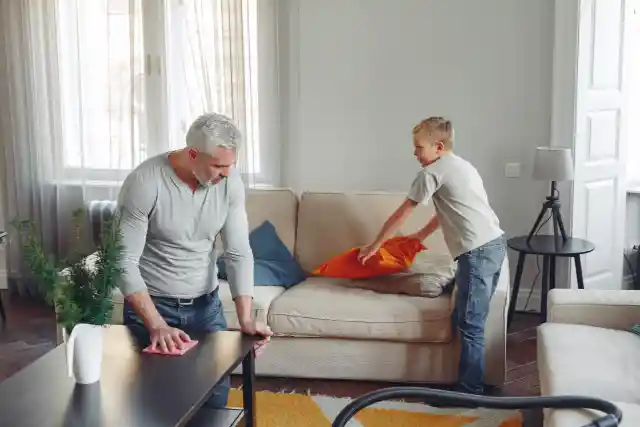
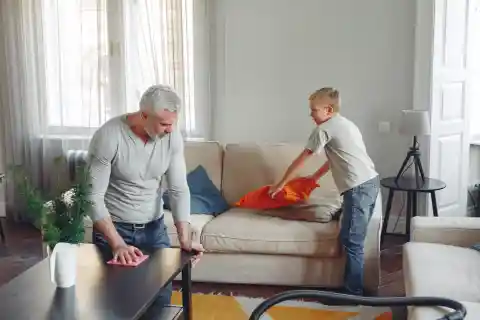
Use compact organizers on the coffee table to store remote controls and other living room essentials, corral cables, and conceal clutter-causing items to minimize the impression of clutter.
Bathroom
Throw away any toiletries you haven't used in a year; unopened items can be donated to shelters for the homeless and women. And don't stockpile hotel minis if you never use them.
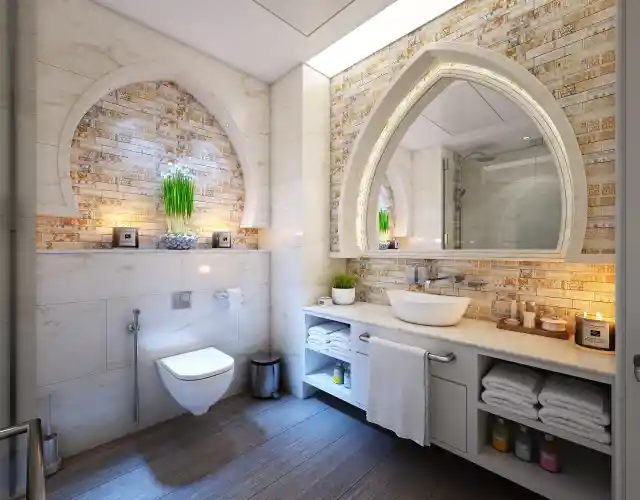
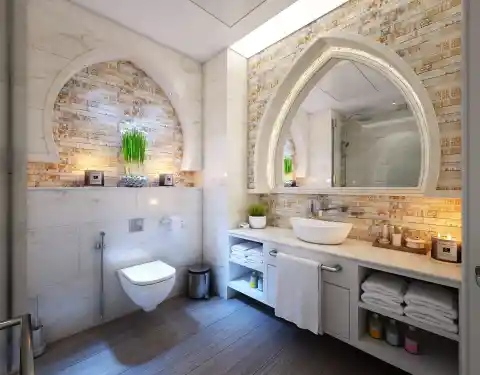
You'll be reaching for towels frequently, so store them where you can see them. Rolling and storing hand towels and washcloths in baskets will keep stacks from falling over.
Entrance
Separate shoes by using a boot tray. Everything that doesn't fit belongs in a bedroom or closet. Assign a hook, container, or basket for each household member. If you don't have a spare closet, use a covered rolling rack in the attic or basement.
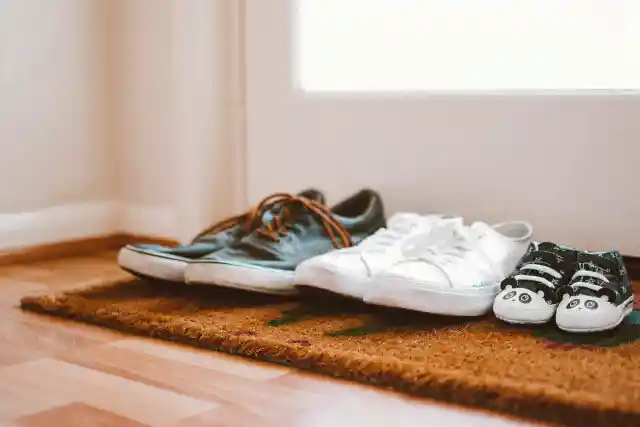
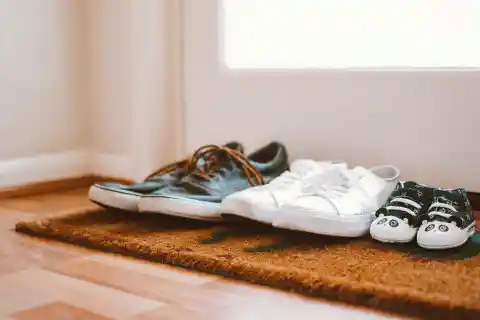
Off-season clothing should be cleaned and stored out of the way. Establish drop zones at the entrance, including an umbrella stand, a change jar, a tray for sunglasses, and key hooks.